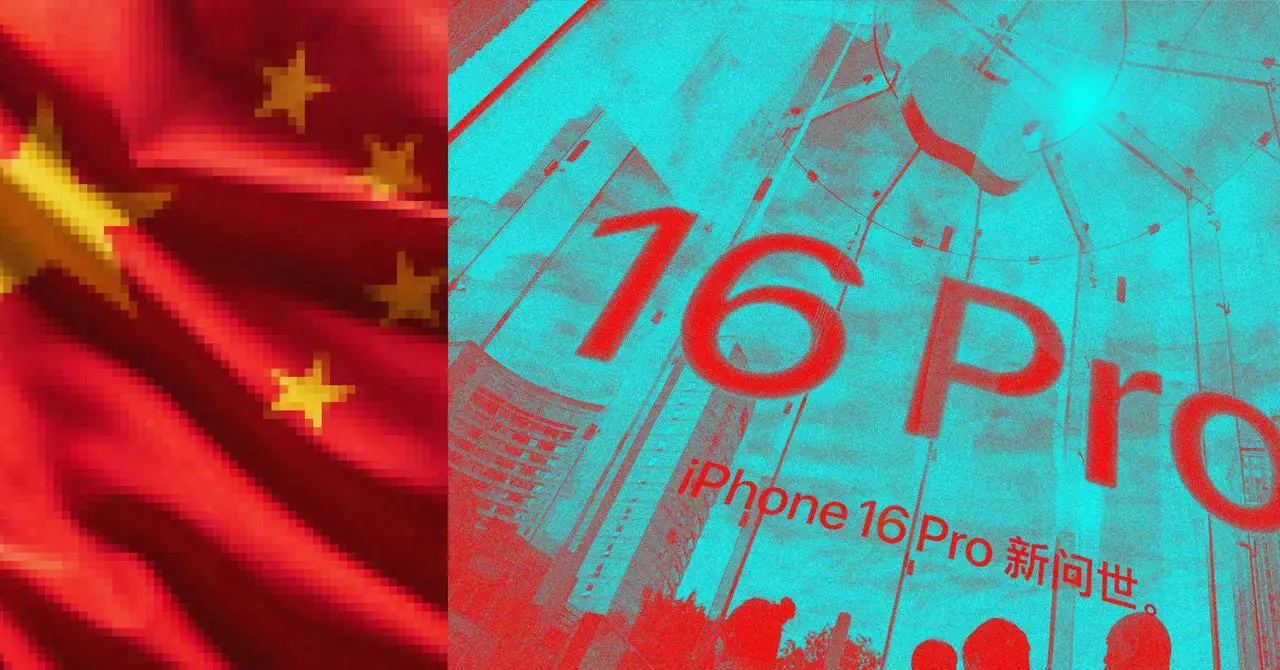The relationship between Western technology companies and the Chinese regulatory environment has become increasingly intricate, particularly in light of the burgeoning field of artificial intelligence (AI). As China’s government imposes stringent regulations on how AI systems can be developed and deployed within its borders, companies like Apple are caught in a web of demands that challenge their operational ethics and international standing.
China’s rise as a global technology leader is undeniable, with its government wielding significant influence over the development and implementation of tech regulations. Experts like Tan observe a drastic shift in power dynamics: “China is no longer just playing a following role in many technology fields; it is already advancing and taking the leading role.” This assertion highlights the necessity for Western tech companies to navigate a landscape where China not only sets the rules but also excels in technological advancements.
Such a reality pushes companies to adapt, crafting strategies that align with the stringent demands of the Chinese Communist Party (CCP). The newly implemented AI legislation underscores the need for transparency and oversight that requires detailed submissions to regulatory bodies. These requirements may deter many foreign firms from entering the market or, at the very least, force them into a compromising position regarding their global operational standards.
Central to this issue is the increasingly vague yet restrictive nature of censorship laws governing AI in China. The law necessitates that AI-generated content aligns with the state’s socio-political framework. As highlighted in reports by the Carnegie Endowment, regulations dictate that content must “adhere to the correct political direction” and “not disturb economic and social order.” These broad guidelines present a minefield for tech companies trying to balance innovation with compliance.
For example, generative AI models developed by companies might avoid controversial topics entirely, resulting in systems that lack a full spectrum of discourse. This could manifest in something as seemingly benign as a voice assistant that avoids mentioning delicate subjects such as Taiwan, the Uyghur population, or significant historical events in China’s narrative. Such compliance not only risks compromising the integrity of the AI systems but also poses ethical dilemmas concerning misinformation and historical accuracy.
Apple, a company known for its staunch advocacy of user privacy and freedom of expression, faces a unique dilemma in this context. The introduction of customized generative AI like Apple Intelligence — integrated into their flagship products — places the company at a critical junction. The move can easily be perceived as aligning too closely with the authoritarian narratives of the Chinese government. While Apple has adhered to the app store censorship that supports compliance with local regulations, the stakes are higher with generative AI capabilities, which can inadvertently act as a conduit for disseminating state propaganda.
In light of reports indicating that 188 large language models (LLMs) have been approved for use in China as of August 2024, there is a growing expectation that foreign companies operating in China will conform to similar standards. For Apple, this could mean the necessity to operate under the shadow of the CCP’s goals, potentially reshaping its image from an innovative pioneer into a compliant player in a restrictive regime.
The interplay between technology, regulation, and ideology necessitates profound reflection within Western tech companies entering the Chinese market. As technology continually evolves, so too must the strategies of these firms, weighing the impacts of their compliance with local regulations against their foundational principles. If Apple and other tech giants do not carefully navigate these turbulent waters, they could jeopardize not only their global reputation but also the very ideals they purport to champion.
The compelling question remains: how can these companies operate with integrity while engaging in a system that may fundamentally oppose their core values? As the global balance of technological prowess shifts, this challenge will only grow more complex, demanding not just business acumen but a steadfast commitment to ethical practices in a rapidly changing world.


Leave a Reply